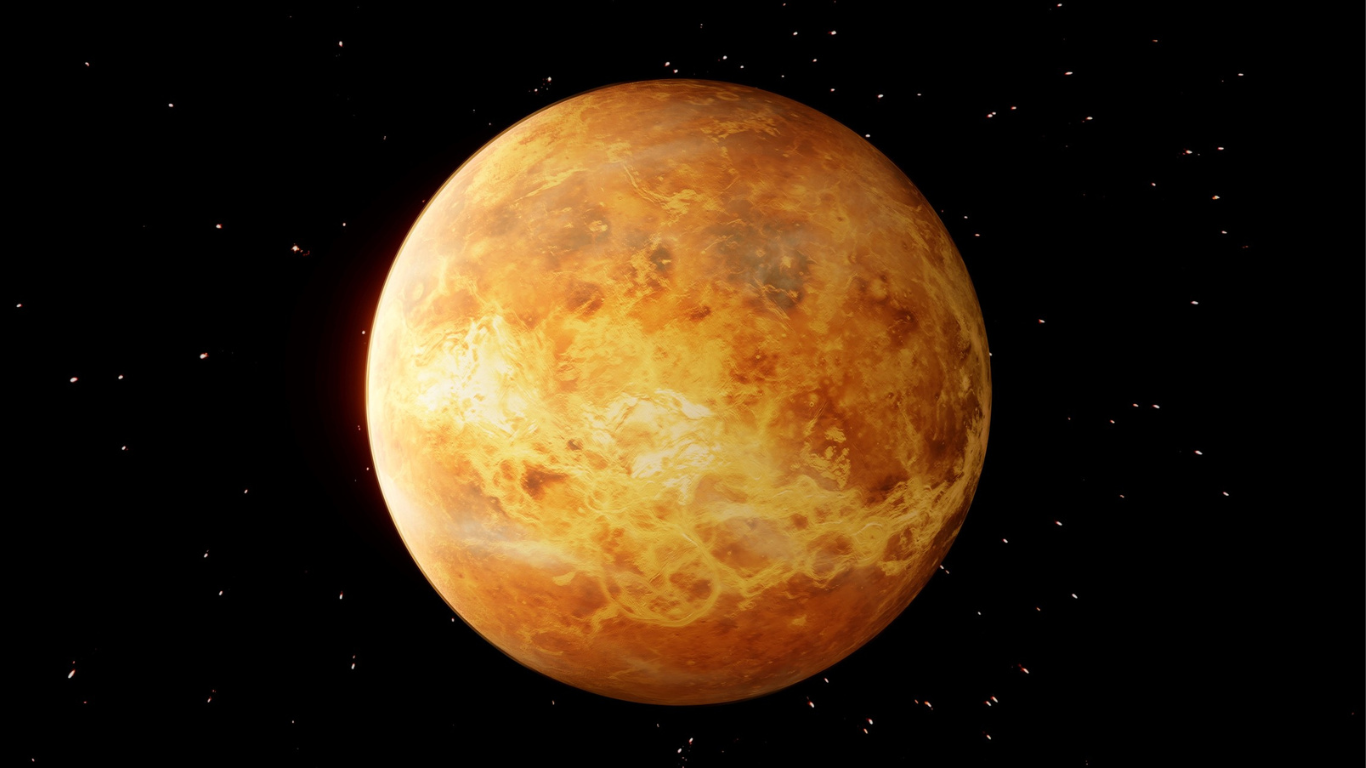We Earth natives have always wanted to know that what lies beyond our planet’s atmosphere. So, In a recent study we may have found something about the mystery of life vanished off Venus. It is believed that billion years ago, Venus might also used to hold gallons of water as much as earth. But today it is hotter even than mercury. Because, the planet lies in the ‘goldilocks zone’ of the sun, which is a zone where planets can hold liquid maybe that’s why scientists on earth have always been so interested.
And that’s why the puzzle, that how Venus lost life seems to have solved?
“We’re trying to figure out what little changes occurred on each planet to drive them into these vastly different states,” said Eryn Cangi, co-team leader and a scientist with the Laboratory for Atmospheric and Space Physics (LASP).
How did Venus lose water?
Due to its extreme proximity to sun, the H20 in the atmosphere is believed to be broken down to hydrogen and oxygen molecules separately. The greater concentration of hydrogen rapidly heated the planet, due to which the hydrogen escaped in a flow out to space. and that’s how life stripped off Venus, because of hydrogen molecules escaped.
Venus still losing water?
Even if the majority water is gone, it’s not like there is not at all water in venus. It’s like dumping out water from a bottle, even though you have emptied the bottle, there still will be few droplets stick to the surface of the bottle.
So, venus still hold water, but that’s also leaking out into the space. How?
scientists blame a process called HCO+ dissociative recombination (DR). In this theory, when gaseious HCO+ reacts with the electrons, a neutral carbon monoxide molecule, CO, and a hydrogen atom, H, are formed. This process energises the hydrogen atom, which can then exceed the planet;s escape velocity and escape to space.
The DR process is likely to have taken place throughout the history of the planet, which explains why Venus is still losing water.




















